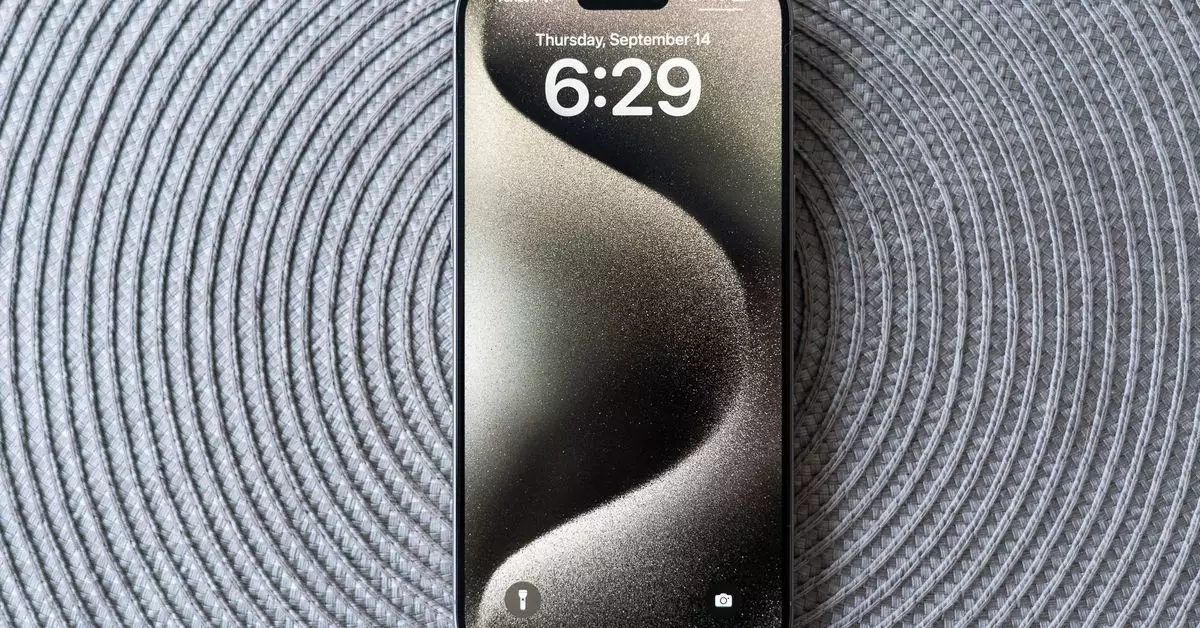The iPhone, a device cherished by millions worldwide, seems to have taken on a new persona in Europe, a persona adorned with features and capabilities that are not easily accessible to users in other parts of the world. This divide in features has sparked a sense of injustice and yearning among iPhone users worldwide.
European iPhone users have been relishing in a multitude of features that have been deemed unattainable by users in other regions. From third-party app stores to customizable browsers and the ability to replace default apps, the European iPhone experience seems far superior to that of users outside Europe.
Despite the clear demand for these innovative features globally, Apple appears to be hesitant in extending these capabilities to all its users. While the company has made some concessions, such as allowing retro game emulators in the app store, it seems to be only as a defensive measure rather than a proactive choice to enhance user experience.
The perception that Apple is selling two different iPhones – one for Europe and one for the rest of the world – is starting to gain traction among consumers. This dichotomy is puzzling, considering Apple’s brand essence of simplicity and consistency. By limiting certain features to specific regions, Apple is deviating from its core principles.
As users demand equality in features and capabilities across all regions, Apple is faced with a critical decision. Should the company continue to uphold this divide or should it make a bold move by offering the same iPhone experience to users worldwide? The answer seems clear – in the pursuit of innovation and user satisfaction, Apple should strive for parity among all its users.
In a world where technology has the power to connect and empower individuals, the disparity in iPhone features based on geographical location is indeed disheartening. As consumers advocate for a more inclusive and unified iPhone experience, Apple stands at a crossroads. Will the company choose to embrace equality and innovation, or will it perpetuate a system of exclusivity? The decision rests in Apple’s hands, and the world watches with anticipation for a more equal and exciting iPhone future.


Leave a Reply